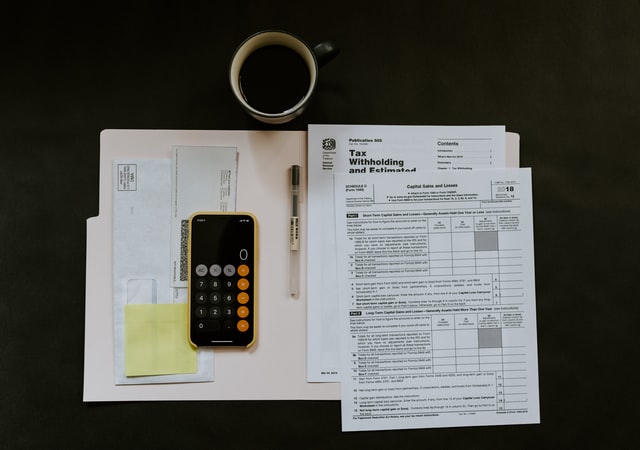Money is stressful and it could be even more stressful when you’re trying to get on top of monthly debt repayments. There are a couple of techniques that you can use when repaying debt, which could help give you peace of mind. In this guide, we talk about a couple of ways to save more money so that you can pay off more debt. This will help you stay on top of things.
Make Saving Money a Habit
When it comes to repaying your debts each month, it might be difficult to then set aside more money. Especially if times are tight. You might have other expenses or debts to repay and doing all of this within your paycheck could be a challenge.
Most savings experts suggest that you put aside money into savings as soon as it comes into your account. This means that you’ll be less likely to want to spend it because it won’t be visible in your account. It also helps if you’re putting this money aside for a certain reason – like unexpected home or car repairs or emergency health bills. If this money is going towards a certain thing, you’re less likely to spend it on something else.
Reduce Your Monthly Spending
If you find it a challenge to put aside money each month, then you should look at ways to reduce your monthly outgoings. This could be something of a challenge each month. It’s difficult but to reduce your monthly outgoings you need to get rid of toxic debt as a priority. Look to pay off credit cards and loans with the highest percentage APR first before paying anything else. By getting rid of those with the highest interest rates, you’ll be able to reduce your monthly expenditure month by month.
After you do this, you can categorize your spending into needs, wants and savings and create a budget accordingly.

Try to avoid spending unnecessary money when repaying debts. Paying down high interest loans should be your priority first.
Budget – Only In A Way That Works For You
If you’ve looked into budgeting at all, you’ll realize there are many, many ways to do it. Simplicity is key, however. You want to choose a system and budgeting categories that work for you and that you’re likely to stick with. There’s no point in having the most complex detailed system in the world if you’re not going to be able to keep to it. The envelope, budgeting system or zero-based budgeting systems are a good place to start.
Alternatively, you can look at the 50/30/20 budgeting system that divides your salary into three parts – 50% is for needs, 30% is for one, and 20% is for saving and debt repayment. This is a very easy way to start, especially for those who’ve not budgeted much in the past.
What Else Can I Do To Pay My Debts?
If you follow the tips above including making a budget and you’re still struggling with debt repayments, there are things that you can do. There are non-profit, bankruptcy attorneys and credit counselors and legal aid that can help. Get in touch and set up a consultation to find out what your options are. Getting on top of your debt today will help you in the long run.
If you do have lots of debts already, you’ll want to avoid high-cost loans and especially loans for people with bad credit since this could contribute to your debt.
Speaking to a professional can help get on top of your debt and if you’re struggling we would suggest that you don’t delay doing this.


